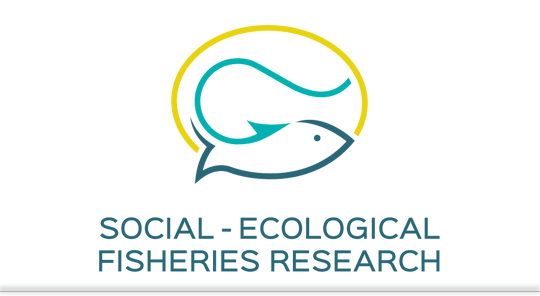There has been a push for wildlife protection at national and international levels, particularly for “charismatic” mammals like tigers and elephants (Sibarani et al., 2019). This protection has been formalized through policies like the US Endangered Species Act (1973). Simultaneously, there has been an international push towards fulfilling the Sustainable Development Goals (SDG) (UN General Assembly 2015), particularly those focused on eradicating poverty. What is rarely acknowledged at global levels is the disconnect between these different policy aspirations (but see Tallis et al., 2008). This disconnect occurs when attempts to progress one goal negatively impact the achievement of the second, and may only surface when moving from global to local scales. Disconnects can occur when wildlife species generate large passive-use values for the international community (Subroy et al., 2019), but conservation imposes large costs on local peoples (Dickman et al., 2011). If the global community is committed to a post-2020 deal for nature and people—where goals regarding improvements to people’s wellbeing and nature conservation are both fulfilled (the elusive “winwin” (Tallis et al., 2008))—then governments and scientists must engage with these “messy” local conflicts that repeat across the globe but resist high-level simplification.
Local disconnects in global discourses—The unintended consequences of marine mammal protection on small-scale fishers
Peer-reviewed

Davis, K.J., Shigueto, J.A., Arlidge, W.N.S., Burton, M., Mangel, J.C., Mills, M., Milner-Gulland, E.J., Palma-Duque, J., Romero-de-Diego, C., Gelcich, S. 2021. Local disconnects in global discourses—The unintended consequences of marine mammal protection on small-scale fishers. Conservation Letters, 14, 6, 1-9.
Published
: 2021
Appeared in
: Conservation Letters, 14, 6, 1-9
